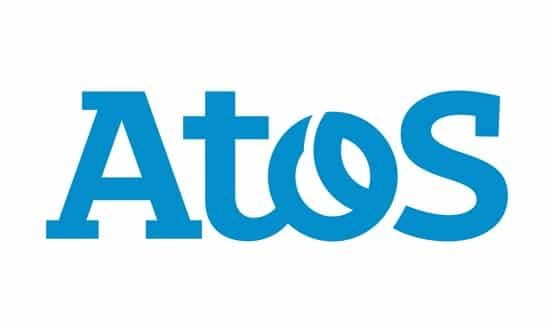Technology key to modernisation, says NHS Confed
- 16 June 2005
Technology, people and improved processes were described as the key tools that can help modernise and improve the NHS at the NHS Confederation’s annual conference yesterday.
Rob Webster, the DH’s deputy director of workforce told delegate that better use of technology will be crucial if services are to meet the ambitious Public Sector Agreement targets of realising the £3.8 billion in efficiency improvements the DH has agreed with the Treasury.
“We believe the change programme will deliver £3.8 billion of benefit to the service, about £2.6 billion in cost benefits and £1.2 billion in qualitative benefits,” said Webster. “The £3.8 billion is a PSA target and must be delivered.”
Ann Wagner, director of service improvement at West Yorkshire SHA said senior managers described the bewildering array of policy initiatives and reforms as a “snowstorm” of change, making it nearly impossible to have an overall picture of how changes are meant to connect.
Richard Jeavons, the DH’s new director of IT implementation, in post for barely two weeks, said: “We have a one-off fundamental opportunity to improve beyond measure the quality of services we provide to patients.”
He stressed that better technology and information is vital to NHS modernisation. “We need to see ICT as an integral part of delivering change, not ‘that programme run by Mr Granger’.”
NHS Boards, CEO and senior executives had to view improved information systems as “an opportunity to tackle their problems, not another thing to worry about,” said Jeavons. “And IT must be seen as the servant of our mission, not the master of it.”
The new implementation director also emphasised that the NHS technology modernisation programme is not about providing incremental improvements. “It’s about how we create the capability to make transformational changes around patient services.”
Jeavons also stressed that the IT programme was not all about unproven ‘blue sky’ technology, but about enabling widespread delivery of clinical systems most of which are already in use in isolated NHS sites around the country. “Most of this is already out there.”
The DH implementation director said that implementation would be tough and inevitably there would be “bumps” along the way. He said that when he took the job last month he “received a lot of emails from colleagues saying I must be mad.”
Encouragingly though, most NHS chief executives currently believe their trusts will benefit of the National Programme for IT (NPfIT), a survey from the NHS Confederation suggests.
Asked whether they agreed or disagreed with the statement: “My organisation will realise the benefits of NPfIT”, 53% of NHS bosses said they “tended to agree” while 13% agreed strongly.
Only 6% strongly disagreed with the statement, while 23% tended to disagree and 5% said they did not know.
A far more sceptical note though was sounded on the general question of hitting government targets. 62% of the survey respondents strongly disagreed or tended to disagree with the statement: “The service can deliver the targets and improvements set by the government up to 2008 on current funding and expected efficiency savings.”
NHS Confederation chief executive, Dame Gill Morgan, commented: “The Government is right to be ambitious, and to demand excellence. But NHS chief executives are worried that the pace of change cannot continue without further investment.”
She added: “Of course we must do more to become more efficient and productive. There are a range of measures on track. New technology will enable us to be much more imaginative with the way we deliver care. For example, our members are already asking why we need specialist consultants on call in every area all the time, when we can now email x-rays to the world expert?”




